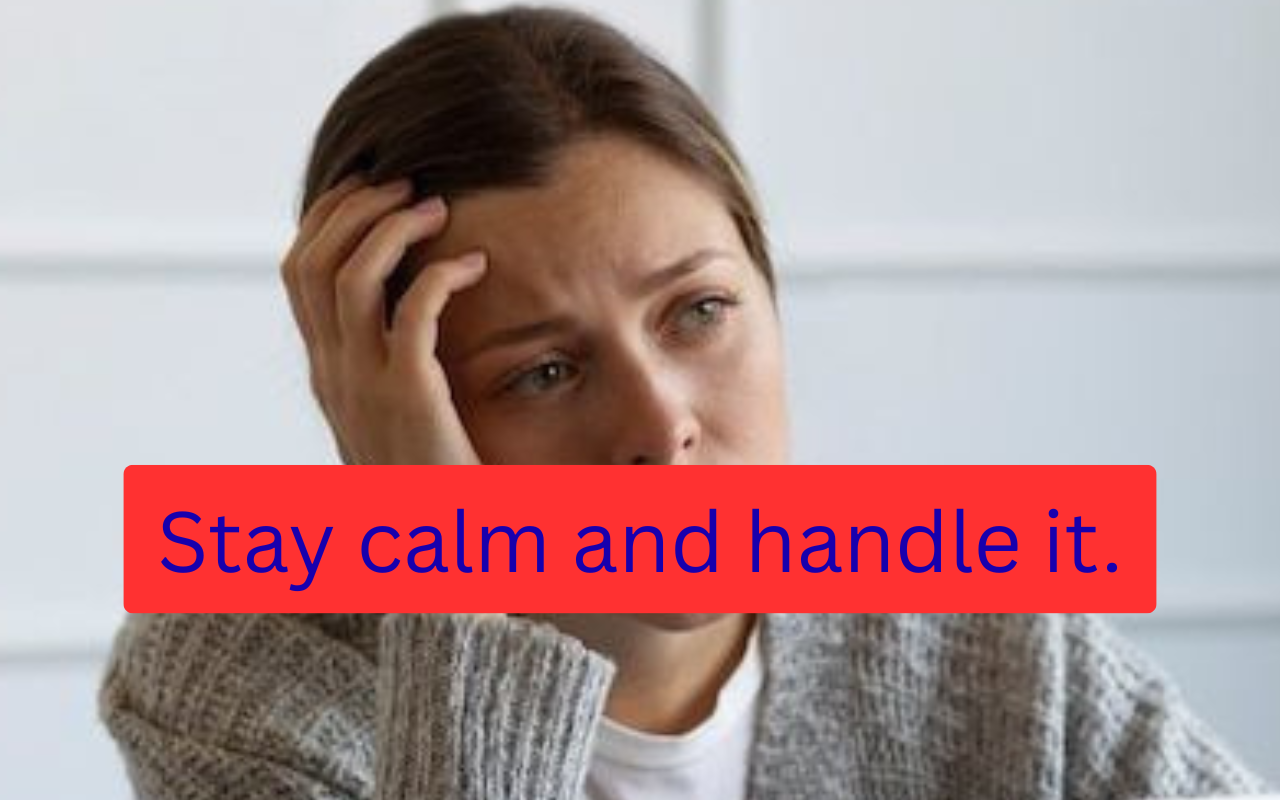Stress is inevitable, but how it is managed can define a woman’s vitality, presence, and well-being. For the mature woman, stress is not just a reaction to external pressures—it is an invitation to cultivate awareness, resilience, and intentional self-care.
Understanding Stress in Women
Biological and psychological research shows that women experience stress differently than men, often due to hormonal fluctuations and social expectations. According to the National Institutes of Health (www.nih.gov), chronic stress increases the risk of cardiovascular disease, insomnia, and mental health challenges. Recognizing the sources of stress is the first step toward mastery.
Mind-Body Practices That Work
Stress management is most effective when it addresses both mind and body. Evidence-based approaches include:
- Mindfulness Meditation: Even 10 minutes per day improves focus and emotional regulation (American Psychological Association — www.apa.org).
- Gentle Movement: Yoga, Pilates, or restorative stretching reduces muscle tension and promotes parasympathetic nervous system activation (Harvard Health — www.health.harvard.edu).
- Breathwork: Slow, deep breathing lowers cortisol levels and enhances relaxation.
- Nature and Sunlight: Spending time outdoors improves mood, sleep, and mental clarity.
- Structured Downtime: Scheduling breaks, hobbies, and restorative rituals prevents burnout.
The Feminine Strength in Response
The mature woman does not aim to eliminate stress entirely. Instead, she learns to navigate it with grace and agency. She recognizes her triggers, sets healthy boundaries, and prioritizes practices that replenish energy. Stress becomes less a threat and more a teacher, guiding her toward greater awareness and balance.
Symbolic Approaches
Rituals such as lighting a candle, journaling, or mindful tea ceremonies transform stress management into an act of presence and self-respect. Small symbolic acts reinforce the idea that her time, body, and mind are worthy of care and attention.
Conclusion
Stress is part of life, but how it is handled shapes the quality of that life. The mature woman approaches stress with wisdom: she blends evidence-based practices with mindfulness, ritual, and self-compassion. In doing so, she not only survives challenges but transforms them into opportunities for growth, clarity, and empowered living.
Sources:
- National Institutes of Health — www.nih.gov
- Harvard Health Publishing — www.health.harvard.edu
- American Psychological Association — www.apa.org
- Cleveland Clinic — my.clevelandclinic.org




